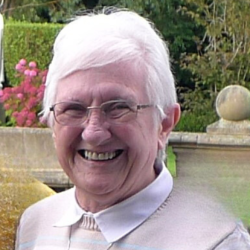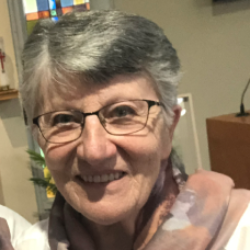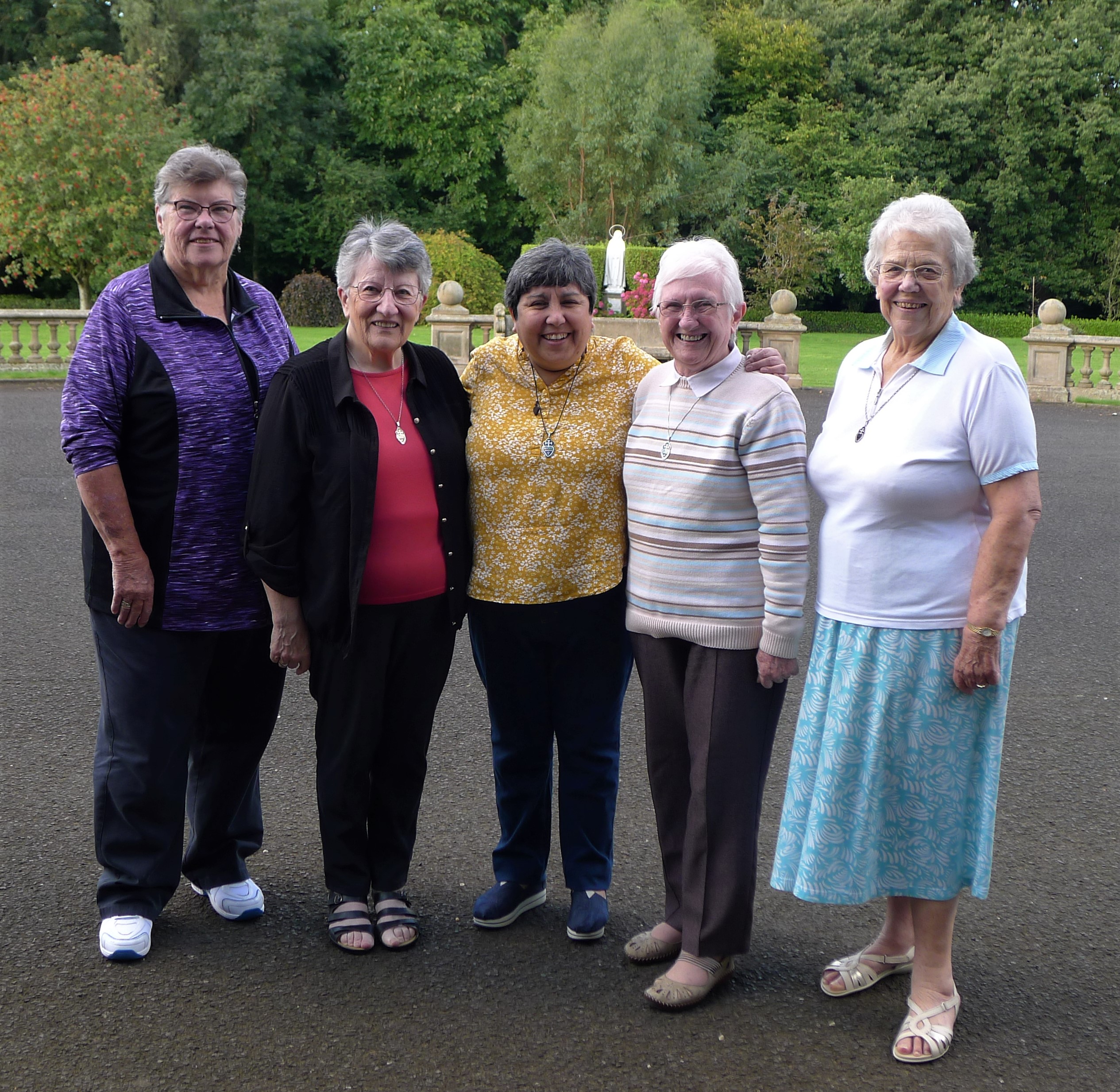

Therese O’Regan
Congregational Leader

Carmen Gloria Hernandez

Brigid Murphy

Joanne Fahey

As Passionist women inspired by Venerable Elizabeth Prout,-Mother Mary Joseph, we intend always to bring the compassion of Jesus to the sufferings of the earth and of the poor, incarnating a solidarity that is courageous, prophetic and persistent. All our decisions, both personal or congregational, will be evaluated in light of this intention. These cries are not new to us. What is new is the growing urgency and intensity of these cries and the realisation that the two are in fact one and the same cry.
All life on earth is facing an unprecedented crisis. It is clear that the Earth’s atmosphere is warming due to the amount of carbon we are putting into it. This is causing climate instability and extreme weather events. Inevitably it is the poor who suffer most, as well as all living systems and creatures. We need to understand that unless we manage to control our carbon emissions the atmosphere will heat up to a point of no return.
We also need to understand the systems of exploitation that impoverish the people and devastate the earth; how they work, our involvement with them and how we can work to change them. A visible consequence of these systems is the totally unjust distribution of resources and wealth across the world. From our faith perspective all life is a gift ft from God.
It is sacred, interconnected and interdependent. We want to love it as God loves it, and to protect it. Pope Francis tells us: “Our goal is not to amass information or to satisfy our curiosity, but rather to become painfully aware, to dare to turn what is happening to the world into our own personal suffering, and thus to discover what each of us can do about it.” (L.S. 19)
So we are called to a profound interior conversion, an ecological conversion, whereby the effects of our relationship with Jesus Christ become evident in our relationship with the world around us. LS217 This statement calls for us to embrace a cosmic vision and it requires that we move from a paradigm/mindset of autonomy and individualism, to one of vulnerability and care. This shift to a paradigm/mindset of care is needed at every level in our fragile world, and we as women have a particular role and contribution to make to this.
We need now to review how we live our lives in all its dimensions and to take action. Let us BE the change we want to see happen, as congregation and in our personal lives.

Leadership Team
including Pat Carney cp as translator
